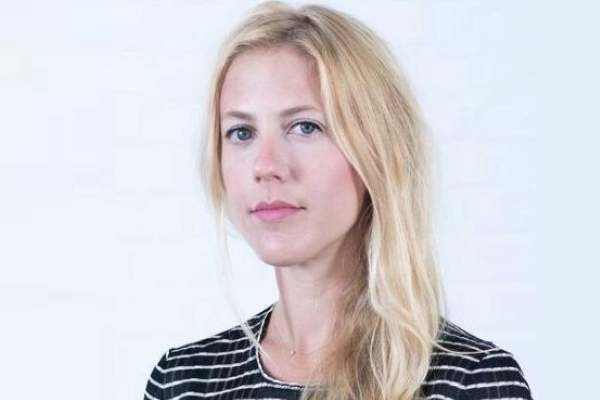
Oriel FeldmanHall (Brown University) will deliver a talk on "Navigating Our Uncertain Social Worlds". An abstract for the paper can be found below:
Consider the range of social behaviors we engage in every day. In each case, there are a multitude of unknowns, reflecting the many sources of uncertainty inherent to social inference. We describe how uncertainty manifests in social environments (the thoughts and intentions of others are largely hidden, making it difficult to predict a person’s behavior) and why people are motivated to reduce the aversive feelings generated by uncertainty. We propose a three-part model whereby social uncertainty is initially reduced through automatic modes of inference (such as impression formation) before more control-demanding modes of inference (such as perspective-taking) are deployed to narrow one’s predictions even more. Finally, social uncertainty is attenuated further through learning processes that update these predictions based on new information. Our framework integrates research across fields to offer an account of the mechanisms motivating social cognition and action, laying the groundwork for future experiments that can illuminate the impact of uncertainty on social cognition.
